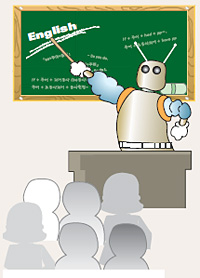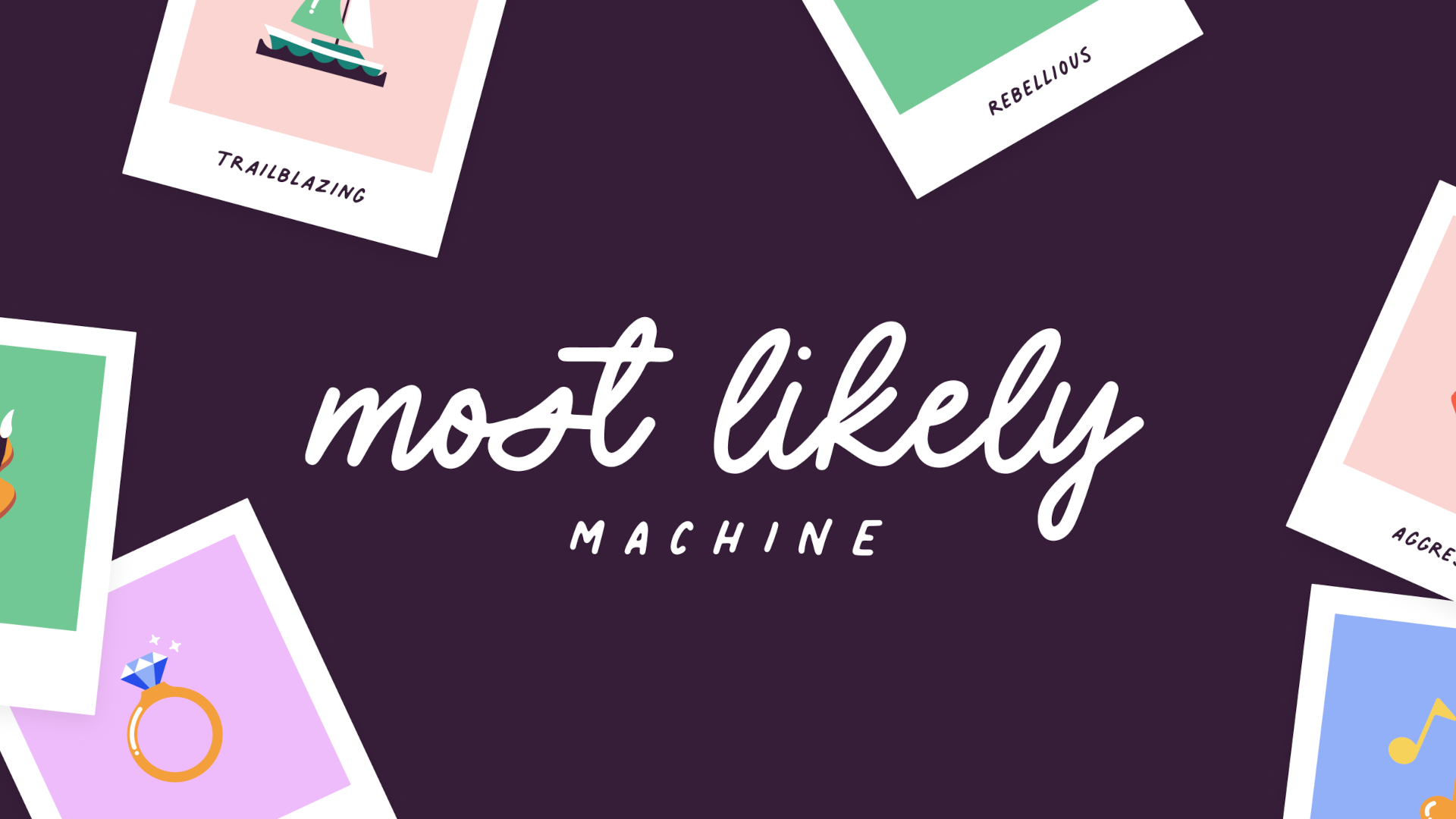Does Tech Mean the End of Teaching As We Know It?

Tools and ideas to transform education. Sign up below.
You are now subscribed
Your newsletter sign-up was successful
There’s been a lot of discussion in my learning networks lately warning of the horrors of students learning from screens and relegating teachers to the status of robot babysitters. Here’s one such snippet from the Stop Common Core blog.
I’m an educator....and none of this sounds terrifying or disturbing to me. The above author asks parents if they want to outsource their child’s education to uncertified partners and computer modules. What’s really wrong with that? Industry experts and peers who share interests provide a wonderful way to learn, if it’s chosen by young people who enjoy the content and the method. Textbooks are often no competition for interactive learning that could take place online. The question is this: Does technology really mean the end of teaching as we know it? I hope so.

Why deny that the traditional role of the teacher is needed less and less? Technology can do much of what teachers do and better.
The teacher is a role created in a time when information and skills could only be obtained through a teacher or a book; knowledge was passed down from adult to child. The explosion of information and interactivity should have been an educational game-changer....but the game has been very slow to change.
Let’s take a look at traditional learning versus learning with technology.
Traditional
Technology
Tools and ideas to transform education. Sign up below.
Teacher lectures at a set time.
World renowned expert lectures anytime / anywhere.
Assignments take days or weeks to grade.
Students get instant feedback.
Teachers teach students the same lessons.
Instruction is differentiated based on level.
Students consume books.
Students interact with reading material.
Student’s connect with peers based on the geography they were born into.
Students can create personal learning networks allowing them to interact with the world.
The opposing view -- which suggests that teachers have intimate relationships with their students and learning is customized -- is a fantasy. Those of us who have taught at the secondary level where teachers usually have at least 150 students (often many more) understand that it is nearly impossible to develop meaningful relationships and customize with such ratios.
Technology provides a natural learning progression that some schools have already put into practice. For example, Big Picture Learning schools get students out of the building, “diffused within the community,” a few days a week. It’s what Big Picture Learning co-founder Elliot Washor calls “Leaving to Learn.” Students learn about the world...in the world. They consider possible careers by shadowing, apprenticing, developing relationships with mentors, and actually doing the work they want to do. Opportunities to decide whether they even like the careers they have chosen for themselves do not exist in school....but they are plentiful, outside the school building and in the community.
Young people understand instinctively that the information they want and need is freely available to them; they use those tools of learning when they research their music, gaming, programming, and other outside-school interests. They have long had to power down in order to “do school.” If schools and teachers do not change their obsolete practices, young people will continue to find the learning there irrelevant.
Does this mean technology will replace teachers? Probably not, but technology will replace teachers who don't use technology. Teaching veteran Sylvia Guinan puts it this way. A successful teacher will realize they can be a part of the conversation and “shape a collective vision where technology, creativity, learner autonomy and a re-framed model of the modern teacher can be seamlessly interwoven into a clear, focused agenda that should be consciously and responsibly inclusive of all.”
What do you think? How are you making adjustments in your role as a teacher? What successes and challenges have you had?
Lisa Nielsen writes for and speaks to audiences across the globe about learning innovatively and is frequently covered by local and national media for her views on “Passion (not data) Driven Learning,” "Thinking Outside the Ban" to harness the power of technology for learning, and using the power of social media to provide a voice to educators and students. Ms. Nielsen has worked for more than a decade in various capacities to support learning in real and innovative ways that will prepare students for success. In addition to her award-winning blog, The Innovative Educator, Ms. Nielsen’s writing is featured in places such as Huffington Post, Tech & Learning, ISTE Connects, ASCD Wholechild, MindShift, Leading & Learning, The Unplugged Mom, and is the author the book Teaching Generation Text.
Disclaimer: The information shared here is strictly that of the author and does not reflect the opinions or endorsement of her employer.
Lisa Nielsen (@InnovativeEdu) has worked as a public-school educator and administrator since 1997. She is a prolific writer best known for her award-winning blog, The Innovative Educator. Nielsen is the author of several books and her writing has been featured in media outlets such as The New York Times, The Wall Street Journal, and Tech & Learning.
Disclaimer: The information shared here is strictly that of the author and does not reflect the opinions or endorsement of her employer.
